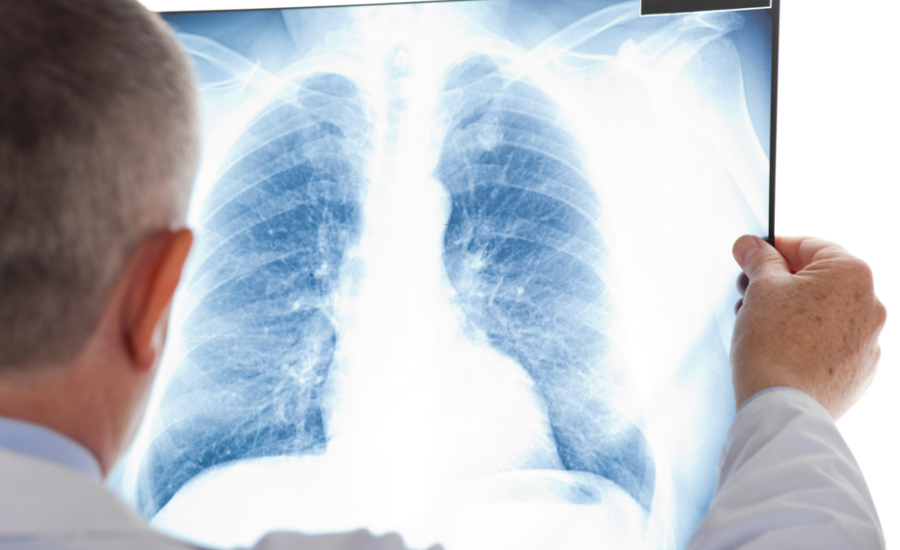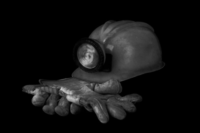Coal companies to pay less to in-debt black lung program

Credit: Getty Images
The Black Lung Benefits Program is more than $4 billion dollars in debt, and a 55 percent reduction scheduled at the end of 2018 in the amount paid by coal companies will cause that deficit to nearly quadruple over the next 30 years, according to a recent report by the U.S. Government Accountability Office (GAO).
The United Mine Workers of America (UMWA) International says allowing the amount paid into the program by coal companies to decrease would be wrong.
“Coal operators caused this problem, and they are the ones who should be responsible for funding the compensation these workers receive,” said UMWA President Cecil Roberts said. “Letting them off the hook by reducing the amount they are required to pay is not just wrong, it is rewarding bad corporate behavior.”
The program is part of the Black Lung Benefits Act (BLBA), federal law which provides monthly payments and medical benefits to coal miners totally disabled from pneumoconiosis, also known as black lung disease. It also provides monthly benefits to a miner's dependent survivors if pneumoconiosis caused or hastened the miner's death.
Roberts said the modest benefits paid to victims or their widows help help provide some of the basic necessities of life. “These workers contracted this always-fatal occupational disease because they went to work in coal mines whose operators did not take the necessary steps to properly protect them.”
“Miners get black lung by working in a mine where the operator is not adequately controlling respirable dust,” Roberts said. “This happens because the company is not complying with laws and regulations regarding proper ventilation of the mine and/or not following other required health and safety laws and regulations.”
Coal companies pay $1.10 per ton of coal mined underground and $0.55 per ton of surface-mined coal into the Black Lung Benefits Program, which is administered by the Department of Labor. Those amounts were set by law in 1981, but are scheduled to drop at the end of 2018 to $0.50 per ton for coal produced underground and $0.25 for surface-mined coal.
“Allowing the contribution rate to drop would cause the Black Lung Benefits Program to go $1.85 billion dollars further into debt over the next ten years," said Roberts, who added that Congress should prevent a reduction in the coal industry contribution to the program
“Miners are going to need these benefits for decades to come. This is a problem that has been created by the coal industry, there is a system to help the victims of this disease already in place that the coal industry pays for, and I see no reason why we would put the taxpayers on the hook instead.”
Looking for a reprint of this article?
From high-res PDFs to custom plaques, order your copy today!





.jpg?t=1721257160)
